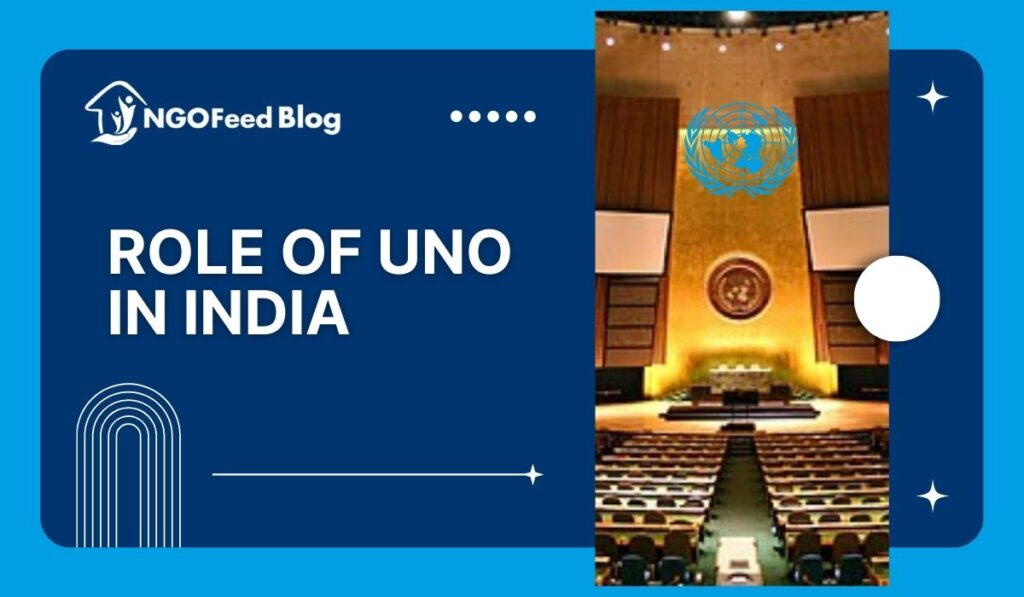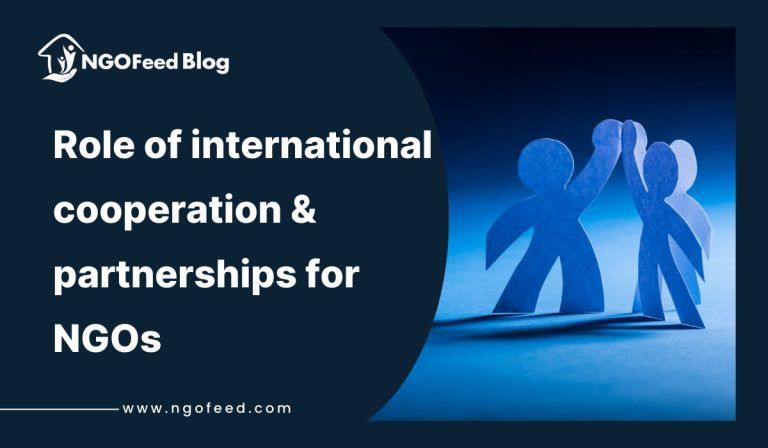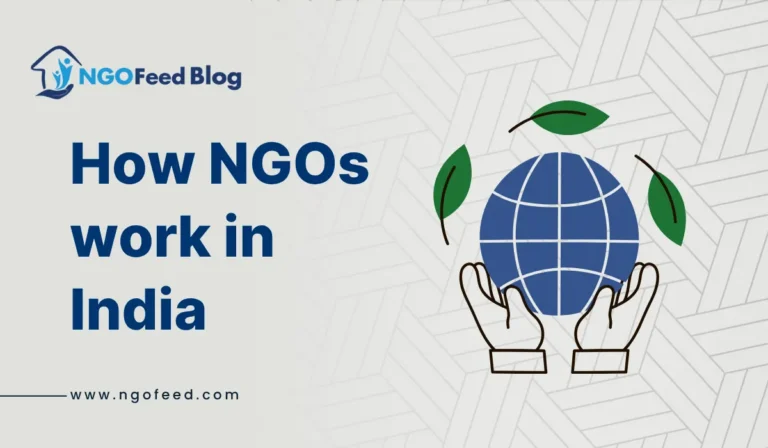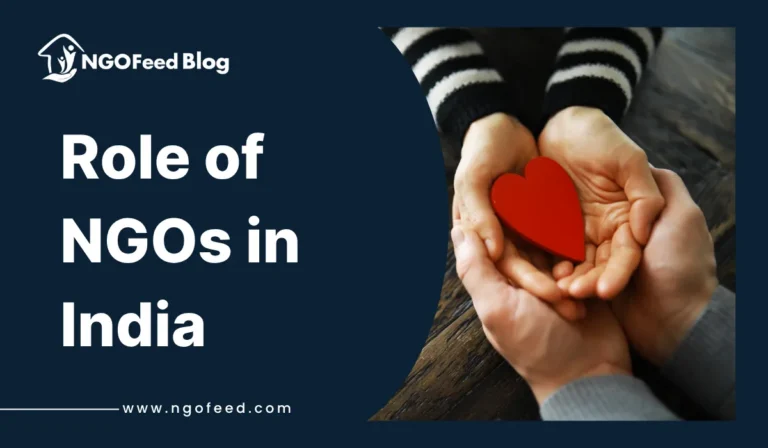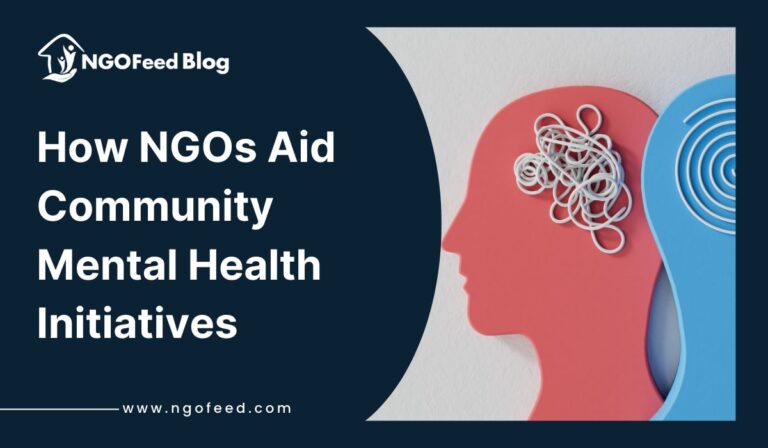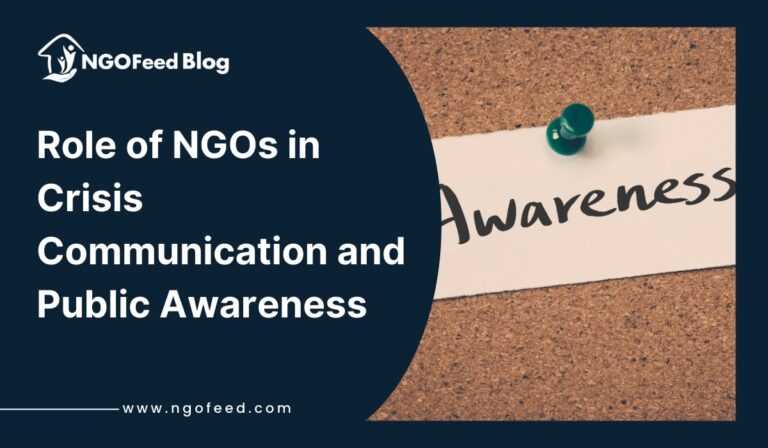Role of UNO in India: The United Nations Organization (UNO) holds a crucial position in global governance, peacekeeping, development, and human rights. For India, a founding member of the UN, the Organization’s role is diverse, mirroring India’s geopolitical ambitions, dedication to multilateral diplomacy, and involvement in global challenges.
This article examines the historical backdrop, the contributions of the UNO to India’s development, its part in peacekeeping and conflict resolution, India’s standpoint on significant international matters, and how the UN’s initiatives influence India’s foreign policy.
Table of Contents
Historical Background of India’s Relationship with the United Nations
India’s association with the United Nations traces back to the nation’s independence in 1947. Under the guidance of its inaugural Prime Minister Jawaharlal Nehru, India was a fervent proponent of global cooperation, decolonization, and peaceful resolutions to conflicts. In 1945, India was among the founding members of the UN and took part in the formulation of its Charter. As a newly independent state, India aimed to utilize the UN as a platform to voice its concerns related to peace, security, economic progress, and social equality. The country’s vigorous engagement in the UN has been a significant aspect of its foreign policy for over seventy years.
During its formative years, India played a crucial role in championing the rights of colonized nations, particularly through its participation in creating the UN’s trusteeship system, which aimed to supervise the administration of non-self-governing territories. India’s tenure in the UN Security Council during the 1950s and 1970s enabled it to be involved in critical decisions concerning international peace and security, especially within Asia.
India and the UN: Contributions to Peacekeeping and Conflict Resolution
One of the chief responsibilities of the United Nations is to uphold international peace and security, and India has been an enthusiastic participant in this field. India has made substantial contributions to UN peacekeeping endeavors, which have emerged as one of the UN’s most effective mechanisms for managing conflicts.
Also Read: Role of UNESCO in Women Empowerment
India’s Role in UN Peacekeeping Missions
India ranks as one of the largest providers of United Nations peacekeeping forces. Since the 1950s, Indian troops have participated in numerous peacekeeping missions globally, spanning the Middle East to Africa, and from Asia to Latin America. India has significantly contributed to peacekeeping operations in nations such as Cyprus, Congo, the Golan Heights, and Sudan.
India’s involvement in UN peacekeeping extends beyond troop contributions to leadership positions within these missions. Indian officers have frequently occupied key leadership roles in peacekeeping operations. The Indian Army is esteemed for its professionalism, discipline, and impartiality in fulfilling peacekeeping mandates, establishing India as a respected and trustworthy ally in UN-led initiatives.
India’s involvement in peacekeeping missions stems from the nation’s enduring dedication to global tranquility and its confidence in the UN’s capacity to mediate conflicts through diplomacy and collaborative efforts. Furthermore, India perceives peacekeeping as a means to foster stability in areas of significance to India, particularly in neighboring nations and Africa, where it has substantial economic and strategic stakes.
Role in Conflict Resolution: Kashmir and Other Issues
India’s involvement in the UN also encompasses tackling regional and global disputes. One of the most notable and persistent matters the UN has engaged with is the Kashmir conflict between India and Pakistan. India has consistently asserted that Kashmir is a matter between the two nations and has sought the UN’s contribution in facilitating peaceful discussions with Pakistan.
Although the UN has not played a definitive role in resolving the Kashmir situation, it has offered a venue for dialogue and negotiations. The UN Military Observer Group in India and Pakistan (UNMOGIP) has been present in the area since 1949 to oversee ceasefire breaches, despite its effectiveness often being questioned.
Also Read: Role of WHO in Disaster Management
India has also utilized the UN platform to voice concerns regarding cross-border terrorism and to underscore Pakistan’s involvement in causing instability in the area. Nonetheless, India’s diplomatic interaction with the UN concerning the Kashmir matter continues to develop as India grows more assertive on the world stage.
India’s Participation in UN Specialized Agencies
India’s engagement with the United Nations is not confined to peacekeeping and conflict resolution. India is also an active participant in several UN specialized agencies, which address a broad spectrum of global issues, including health, education, environmental sustainability, and economic progress.
United Nations Educational, Scientific and Cultural Organization (UNESCO)
India has been a proactive member of UNESCO, fostering cultural exchange, education, and scientific progress. The nation’s vast cultural legacy and history have positioned it as a significant contributor to UNESCO’s initiatives, particularly in the safeguarding of cultural sites and in advocating educational projects. India’s participation in UNESCO also encompasses contributions to the advancement of science and technology, alongside supporting programs aimed at ensuring universal access to quality education.
United Nations Development Programme (UNDP)
The UNDP holds a vital role in advancing sustainable development and poverty alleviation, especially in developing nations. India is among the largest beneficiaries of UNDP support, and the country has collaborated with the UNDP on numerous initiatives focused on encouraging sustainable development, alleviating poverty, and addressing challenges related to climate change, urbanization, and health.
India’s cooperation with the UNDP is further characterized by its commitment to the Sustainable Development Goals (SDGs) established by the UN in 2015. India ranks as one of the world’s largest nations and a pivotal player in realizing the SDGs, which seek to eradicate poverty, guarantee quality education, and promote gender equality, among other aims.
Also Read: Role of FAO in India
World Health Organization (WHO)
India’s association with the World Health Organization (WHO) has been vital in the nation’s endeavors to enhance public health. India, possessing a vast population, confronts a variety of health issues, spanning from infectious diseases to non-communicable diseases. The WHO has assisted India in its mission to tackle epidemics, advance maternal and child health, and ensure access to vital medicines and vaccines.
India’s notable contribution to international health efforts includes its involvement in the Global Fund to Fight AIDS, Tuberculosis, and Malaria, as well as the implementation of national vaccination programs in collaboration with the WHO. Furthermore, India has been a significant participant in the worldwide initiative to tackle COVID-19, collaborating with the WHO to ease the distribution of vaccines and offer medical support to other nations.
India’s Advocacy for Reforms within the UN
India has consistently advocated for changes within the United Nations, especially the Security Council. India has repeatedly urged for the enlargement of the Security Council to incorporate additional permanent members, reflecting the evolving geopolitical realities of the 21st century. India’s aspiration for a permanent seat on the Security Council stems from its increasing economic and strategic influence in world affairs.
India has posited that the current framework of the Security Council, which was formed after World War II, does not accurately mirror the realities of today’s world. India, along with other emerging nations, has sought a more inclusive and democratic UN system, where the perspectives of developing nations are acknowledged and valued.
India’s diplomatic endeavors have been vital in forming a coalition of support for Security Council reform, although these endeavors have faced opposition from some of the Council’s permanent members. In spite of these obstacles, India remains dedicated to the cause and continues to advocate for reform through diplomatic means, including within the G4 group of nations that endorse a unified agenda for Security Council reform.
Also Read: Role of the UNCTAD in India
India’s Role in Global Issues through the UN
India has increasingly emerged as a crucial voice in global dialogues on matters such as climate change, disarmament, and terrorism. The nation has continually championed enhanced international collaboration in tackling climate change, particularly via the Paris Agreement, and has highlighted the significance of sustainable development. India’s leadership in the International Solar Alliance, an initiative aimed at promoting solar energy utilization, exemplifies its proactive role in global environmental governance.
Regarding disarmament, India has firmly supported the vision of a world devoid of nuclear weapons, though its stance is complex. India has chosen not to sign the Treaty on the Non-Proliferation of nuclear weapons (NPT), contending that it is discriminatory. Nonetheless, India has endorsed various arms control efforts and has stressed the necessity for multilateral strategies to nuclear disarmament.
In the battle against terrorism, India has consistently utilized the UN platform to advocate for a comprehensive global strategy to combat terrorism, particularly cross-border terrorism. India has urged the adoption of a comprehensive treaty on international terrorism within the UN framework to confront the global danger presented by extremist organizations.
Conclusion
The United Nations Organization has served as an essential platform for India to tackle a variety of global concerns, such as peacekeeping, economic progress, human rights, and climate change. India’s involvement in the UN demonstrates its dedication to multilateralism and its confidence in the power of international cooperation to tackle the world’s most urgent issues.
Also Read: Role of UNHRC in Safeguarding Human Rights
India’s connection with the UN is shaped not only by its contributions to peacekeeping and development but also by its promotion of a more inclusive and democratic global system. As India’s international influence keeps expanding, its role within the United Nations is expected to grow even more critical, especially in domains like peace and security, sustainable development, and reforms in global governance. India’s participation in the UN highlights the nation’s aspiration for a peaceful, fair, and equitable world order, where countries collaborate to confront shared challenges.

